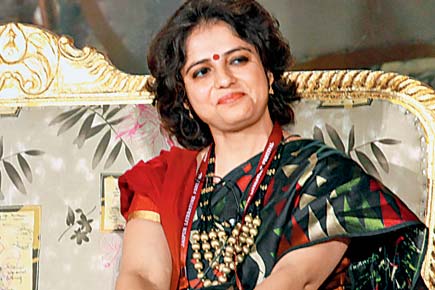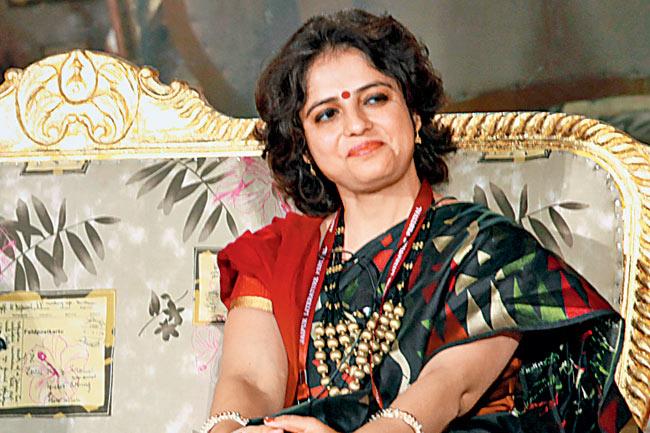Vartika Nanda has edited and compiled a book on poetry, titled Tinka Tinka Tihar, that contains the experiences of four female inmates of Tihar, the largest prison complex in South Asia

Vartika Nanda, Books, authors, Tihar Jail, Tinka Tinka Tihar, female inmates, Mumbai, Life & Style, People
At this year’s Jaipur Literature Festival, Preeta Bhargava, a prison superintendent who spent three decades working in various male prisons in Uttar Pradesh, urged audiences: “Sending criminals to prison is not the solution. You need to take a more active role as 70% of the inmates have committed crimes under trying circumstances and already repent what they have done.”
ADVERTISEMENT

Writer Vartika Nanda
On that thought, the discovery of a poetry collection titled Tinka Tinka Tihar was educating. It has been edited by Vartika Nanda, a media lecturer at Lady Shri Ram College (Delhi University), and a former journalist. The book recalls the days when she was a student herself and had visited Tihar for the first time under the aegis of Kiran Bedi.
Nanda admitted that the visit left an indelible impression on her. But it was only last year that the idea struck her: “Vimla Mehra is the current DGP Police at Tihar Jail. I approached her and conveyed that I was interested in doing a book on Tihar. While I was earlier undecided, it was only after a series of visits that I was drawn towards working on a collection of poetry.”
Nanda’s previous book, Thee. Hoon…Rahungi was India’s first book on poetry on the topic of domestic violence.
Admitting that therapy, recognition and reform was her motive, Nanda etches out the process of working on the book, “I encouraged four female inmates to write poetry and read it out to me. I could see that they were traumatised. Two of the women inmates’ husbands are also inside the jail. Since one of them has had a temple marriage, which is not legalised, as per law she cannot meet her husband.”
The book is both in Hindi and English and published in a unique manner. “The book, when opened, only shows images that are also clicked by these inmates. To read the poetry, you need to tear off the pages that are inside, symbolising their pain and the experiences hidden in their heart.”
After finishing the book, Nanda realised that the book was only focussing on women, and men should be included as well. “So, I compiled a song with Tihar’s male inmates to reflect their experiences. The journey is still on. I am already working on a couple of new things,” she concludes.
 Subscribe today by clicking the link and stay updated with the latest news!" Click here!
Subscribe today by clicking the link and stay updated with the latest news!" Click here!






